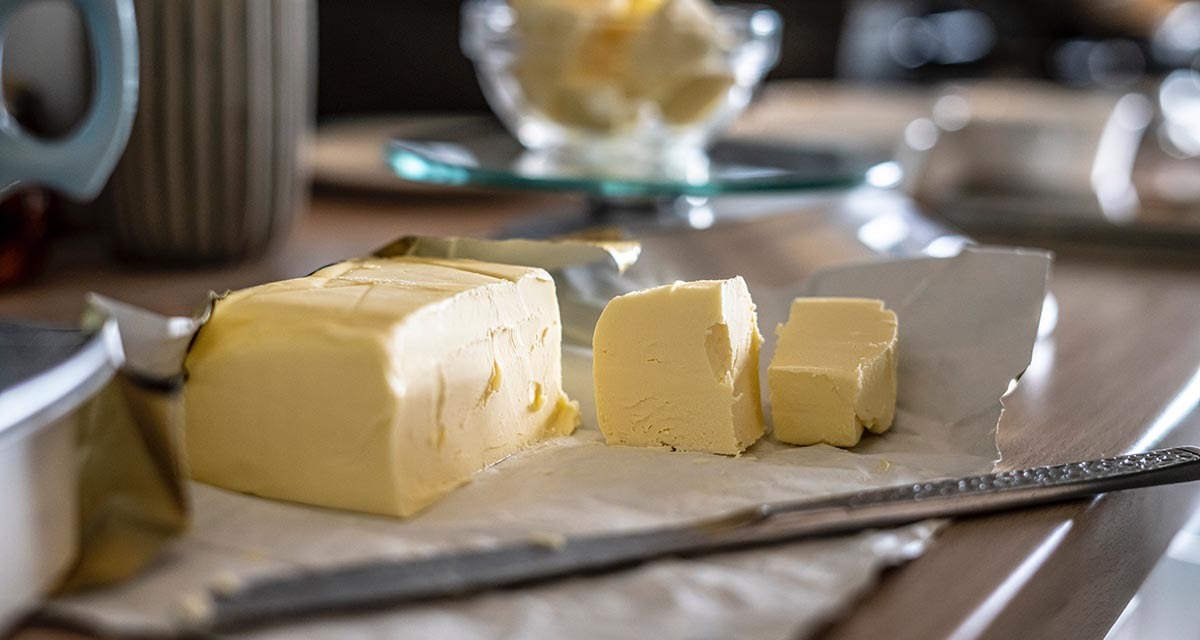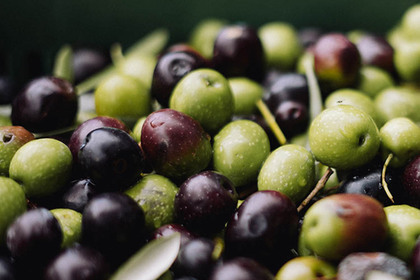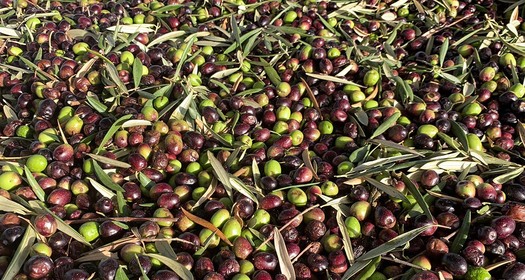
Lipids, Their Types and Functions
Lipids are a type of biomolecule that includes fats, oils, waxes, and certain hormones and vitamins. Lipids are an important part of cell membranes, and they also serve as a fuel source for the body. There are three main types of lipids: triglycerides, phospholipids, and sterols.
Triglycerides are the most common type of lipid and are made up of three fatty acids attached to a glycerol molecule. Fatty acids are long chain carboxylic acids that can be either saturated or unsaturated. Saturated fats are solid at room temperature, while unsaturated fats are liquid. Triglycerides are used by the body for energy storage.
Phospholipids are another type of lipid that is a major component of cell membranes. Phospholipids have a hydrophilic (water-loving) head and a hydrophobic (water-hating) tail. The heads of phospholipids are attracted to water, while the tails are repelled by it. This gives cell membranes their structure and allows them to selectively allow certain molecules in and out. Sterols are a type of lipid that includes cholesterol.
Sterols are important for making hormones and vitamin D. They also help to maintain the structural integrity of cell membranes.
Lipids are important for many different functions in the body. They are essential for cell membranes, energy storage, hormone production, and more. Without lipids, our bodies would not be able to function properly.
What are Complex Fats?
Complex fats are the type of fats that are found in certain foods and oils. They are made up of smaller units called fatty acids. These fatty acids can be either saturated or unsaturated. Saturated fats tend to be solid at room temperature, while unsaturated fats are usually liquid.
There are two main types of complex fats: triglycerides and phospholipids. Triglycerides are the type of fat that is found in most foods. They are made up of three fatty acids bonded together. Phospholipids are a type of fat that is found in some oils and in cell membranes. They are made up of two fatty acids bonded to a phosphate group.
Complex fats are an important part of a healthy diet. They provide the body with energy and help to absorb fat-soluble vitamins. However, too much saturated fat can increase the level of cholesterol in the blood and lead to heart disease. It is important to choose foods that are low in saturated fat and to limit the amount of fat you eat overall.
What are Simple Fats?
Simple fats, also known as saturated fats, are found in animal products and some plant foods. They are generally solid at room temperature and include such things as butter, lard, and shortening.
Simple fats are generally unhealthy because they can raise cholesterol levels and contribute to heart disease. However, recent research has suggested that not all simple fats are bad for you. In fact, some simple fats may actually be beneficial to your health.
Why are Simple Fats Good for You?
Simple fats are good for you because they provide a number of important nutrients. For example, saturated fats contain essential fatty acids, which are necessary for the proper functioning of the body. Additionally, saturated fats provide a concentrated source of energy and help to slow down the absorption of other nutrients.
Simple fats are also good for you because they help to promote satiety. Satiety is the feeling of fullness and satisfaction that you get after eating a meal. Research has shown that meals high in saturated fat are more filling and satisfying than meals low in saturated fat. This is because fats take longer to digest, meaning that you feel full for a longer period of time.
In conclusion, simple fats are good for you because they provide a number of important nutrients and help to promote satiety. While not all simple fats are healthy, some types of saturated fat can actually be beneficial to your health.




